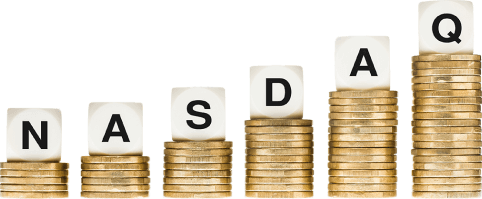Indices and why to trade them with Zenstox

What are indices, and why to trade them with Zenstox?
We know that you’re always on the go, which is why our mobile-friendly trading platform allows traders to place trades from anywhere. You can count on top-notch support and a Personal account manager who will help explain different features of this awesome software as well as how to stay ahead in your game by identifying best opportunities for success!
And this is only the beginning. The thing that nobody else provides us with, a unique feature no other site has or can offer, is first protected positions for those who want to invest without any risk involved whatsoever! You’ll be able try your hand at trading stocks and never lose anything more than what you put in.
What are indices? Zenstox explains!
Indices are like a bouquet of shares. The different sectors combine to form an index, which is made up by one industry’s performance and shows how it compares with others in similar industries around the world – for example Dow Jones tracks US companies within technology whereas FTSE does not restrict itself only those found within America but includes Germany too!
The indices represent an overall change in the value of securities listed on a particular market. Each index has its own standardized methodology that is based off certain metrics and each asset within these markets carries specific weights accordingly, so they can be compared against one another without bias or distortion from other factors like sentiment trends because all assets were ranked according to how important each was judged as being when looking at large-market returns over time.
If you’re new to online trading, Zenstox is here for your every need. The mobile-friendly platform has everything from charts and quotes (including historical data) all the way up through account management tools that help traders stay on top of their game with personalized insights into market trends – it’s like having an expert at hand! With our 24/7 customer support team always ready so quickly answer any questions or concerns within minutes during business hours.
What are the different types of indices?
One way to classify indices is by how they’re weighted. There are market capitalization-based systems, which consider a company’s worth in terms of its total value from shares outstanding; this gives larger companies more influence than smaller ones because their existence adds up while others only take away resources (like money). Another type uses weightings based on historical performance over time rather than just current price movements–this makes them better at capturing long-term trends but less good for highlighting short-term fluctuations like stock prices do daily.
S&P 500
The performance index for U.S.-based companies is based on their market values, with the top 500 largest firms making up one quarter of this ranking system’s weighting factors.
Dow Jones Industrial Average
This index tracks how the 30 of the largest companies U.S. perform. It is not weighted by market capitalization. That is why it is not considered an adequate representation of the market situation than indices that gather a broader spectrum of companies and weigh them by market cap.
NASDAQ
This index tracks tech and internet related stocks. The overall number is more than 3000.
Russel 3000
This index tracks the 3000 largest by market cap in the U.S. These companies represent 98% of all American equity securities.
FTSE or Footsie
This index gauges the biggest 100 by market cap companies that are listed on the London Stock Exchange.


